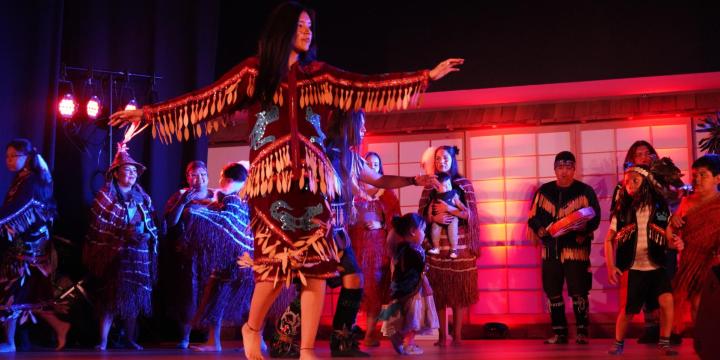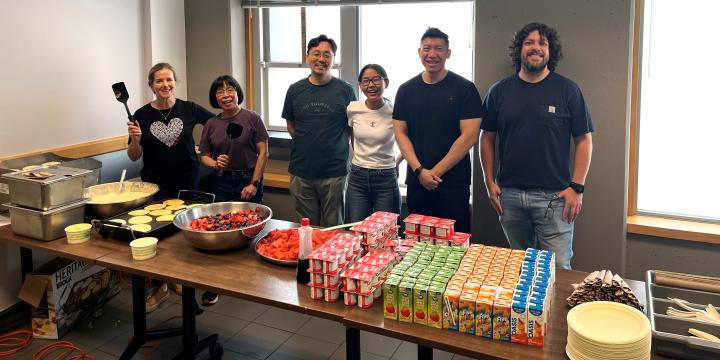
Mentorship provides access to influential relationships, networks and resources.
“But what if you don’t have an access to a mentor?”
Unfortunately, this is the reality that many communities face. Youth who are racialized, gender-diverse, or facing some form of systemic marginalization often have less supports, including less access to mentors.
Access to mentorship
I grew up in a suburban immigrant neighbourhood with limited exposure to opportunities. Counsellors at my high school were great but had less resources and connections. Students were often told to search for volunteering opportunities at libraries, universities and art galleries ourselves.
Friends from affluent neighbourhoods would often talk about their school’s information sessions for mentorship and leadership training. These memories were vivid as I first tasted the glaring differences in opportunities we were given. They would talk about how their counsellors recommended volunteer opportunities with Youth Advisory Councils at local foundations and municipalities. These were resources that many from our school would never even learn about.
Those with lower socioeconomic status and immigrant communities often lack the generational wealth of knowledge and connections that their peers enjoy. And historically, women, gender-diverse, Black, Indigenous and racialized individuals and other minorities are often excluded from informal social circles. This lack of access contributes to the growing disparity between those with more privilege in society and those who do not have the same level of exposure to resources and important relationships.
This gap continues into the workplace. Promising professionals who advance the fastest and furthest often share a strong network of mentors and corporate partners who nurture their professional development, whereas high-potential gender-diverse individuals and minorities take off much later. Women often receive less support from managers and have less access to influential networks. This is most persistent for Black, Indigenous and racialized women, 60% of whom report never having had an informal interaction with a senior leader. As a result, those excluded tends to have mentors at lower levels with less power and influence.
We need mentorship to dismantle systemic inequities
Mentoring programs can provide critical access to power structures, providing access to those who might not otherwise have it. Formal mentoring programs with a focus on supporting Indigenous, racialized and systemically marginalized populations can help boost advancement and representation in leadership positions. This is critical for shifting power imbalances that have historically led to exclusion.
“What can you do?”
Be Intentional. Start by offering help to individuals facing systemically disadvantaged or advocating on their behalf. It can be as simple as inviting a mentee to a meeting they would have not been able to attend, or offering an opportunity or assignment they’re ready to take on and demonstrate new skills.
Reflect on your social identities, power and privilege. When managers and leaders are motivated to do anti-racism work, they are likely more inclined to move toward intentional advocacy for systemic marginalized communities.
YWCA’s mentorship programs
YWCA's High School Mentorship program seeks to lessen that gap. We hope that by providing one-on-one mentorship to young cis and trans women and gender-diverse youth in Grades 11 and 12, we can support youth in their transition to further education or employment and address barriers they may experience along the way.
YWCA Circle of Sisters Indigenous Mentorship program provides opportunities for self-identified Indigenous girls, Two-Spirit, non-binary and trans youth, ages 12-18 (mentees), to connect to Indigenous community and culture with the help of self-identified Indigenous women, non-binary and trans adults (mentors) and skilled facilitators.
YWCA’s employment programs offer opportunities for job seekers of various backgrounds to connect with program managers that can help individuals access the resources they need to further their careers.
Heiky Kwan works within the marketing and communications department at the YWCA and is an advocate within Vancouver's diaspora communities.

